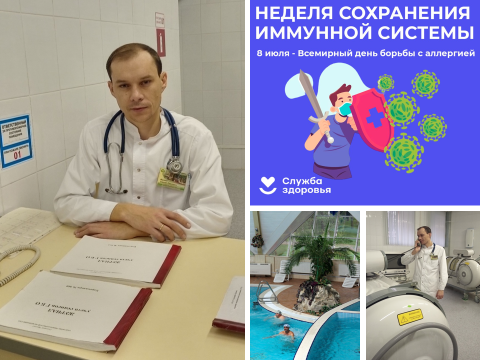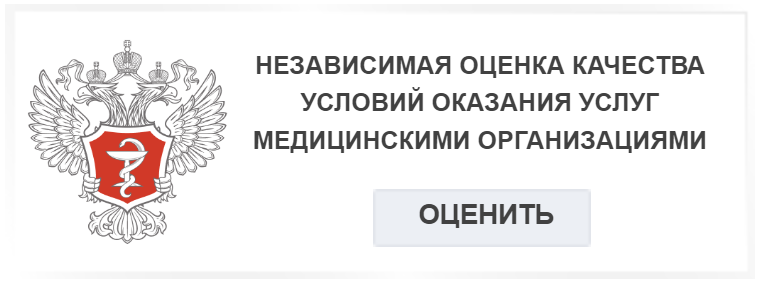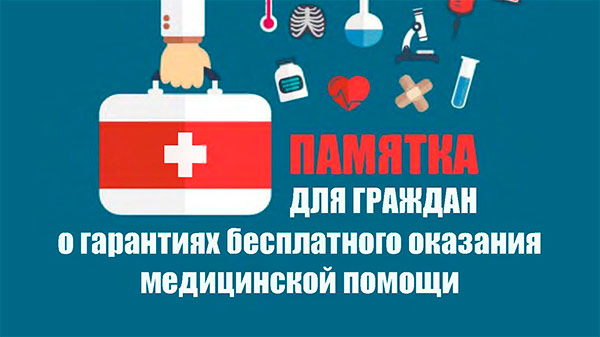- About the sanatorium
- Treatment
- Accommodation
- Services
- Prices
-
Customers
- Useful
-
Regulatory documentation
- Reception of citizens
- Question-answer
- Reviews
- Medical tourism
- Voluntary consent for children
-
Lean manufacturing cases
- lean manufacturing #2
- Lean manufacturing. Case No. 3
- Lean manufacturing. Case No. 4
- Lean manufacturing. Case No. 5
- Lean manufacturing. Case No. 6
- Lean manufacturing. Case No.1
- Lean manufacturing. Case No. 7
- Lean manufacturing. Case No. 8
- Lean manufacturing. Case No. 9
- Lean manufacturing. Case No. 10
- Lean_manufacturing_Case_N_11
- News
- Contacts
The Week of prevention of allergic diseases

The Week of Prevention of Allergic Diseases takes place in the Russian Federation from July 7 to 13 (in honor of World Allergy Day on July 8).
Allergy is a condition of hypersensitivity of a living organism to a certain substance or substances (allergens) that develops upon repeated exposure to these substances. The physiological mechanism of allergy is the formation of antibodies (protective cells) in the body, which leads to a decrease or increase in its sensitivity.
Worldwide, there is a steady increase in the prevalence of allergies: currently, 30-40% of the population is diagnosed with one or more allergic diseases. Allergic diseases include asthma, rhinitis, anaphylaxis, drug and food allergies, allergies to insect venom, eczema and urticaria, and angioedema. Any substance can trigger an allergy at any time. Summer time is the period of active flowering. In July, for example, in the middle zone, allergenic grasses bloom (wormwood, quinoa, nettle, cereals (rye). In the southern regions, ragweed begins to bloom in the second half of the month. It is one of the most powerful allergens. In dry, windy weather, when pollen spreads over long distances, the likelihood of allergies increases.
Be sure to consult a doctor if you suspect an allergy. The allergist-immunologist will conduct an examination, identify the allergens that cause the reaction, prescribe medications and give recommendations on the organization of everyday life. See your doctor regularly, even outside of the acute season. In case of acute allergic reactions, you should immediately consult a specialist!








